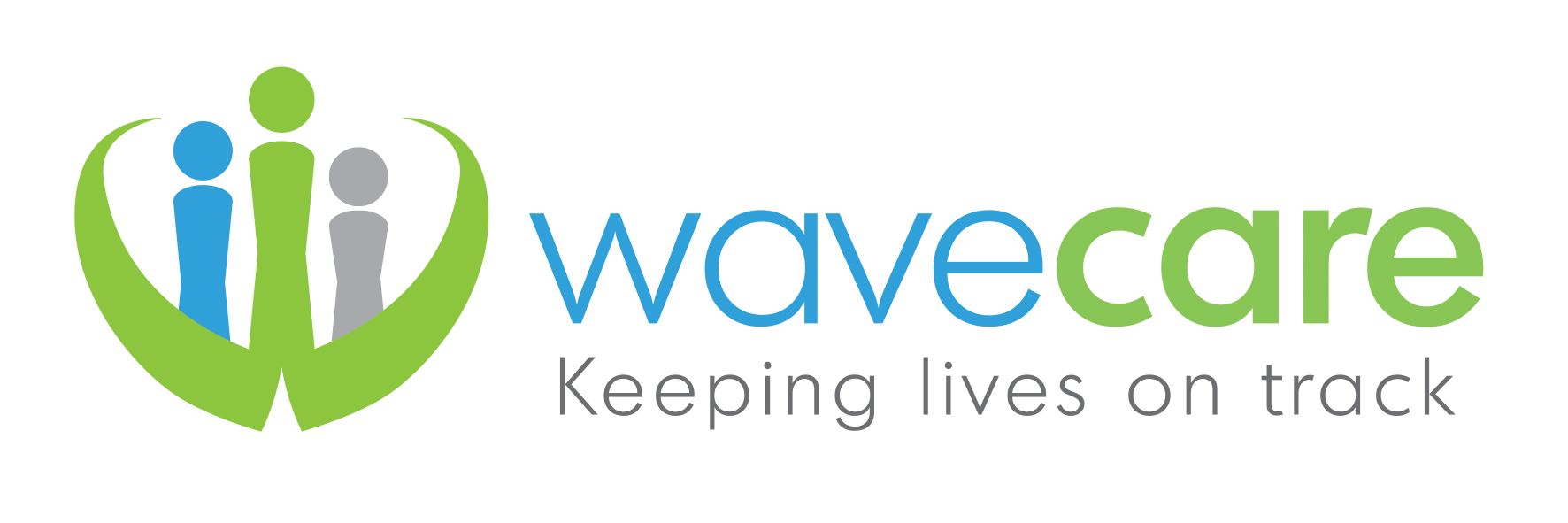This statement is subsidiary to all existing common and statutory legal procedures operating in each State and Territory.
Independent mechanisms
In some cases, service agencies are State or Territory government organisations or is actually part of the Department with responsibility for managing the HACC Program. In such circumstances, consumers might be concerned that the State or Territory department would bring a vested interest to its role as mediator/arbiter. Consumers may then, if they wish, make a direct approach to the relevant State or Territory Minister, or take their complaint to an independent review structure or complaints authority, where such a mechanism exists. However, regardless of the avenue chosen, consumers should be confident that their complaints will receive attention.
Use of advocates in the complaint process
Advocacy can play a critical role in assisting consumers to pursue and seek resolution of complaints. The HACC Statement of Rights and Responsibilities makes it clear that consumers have the right to involve an advocate of their choice in their dealings with service providers and administering government departments.
The role of the advocate is not to mediate between consumer and agency or to arbitrate in a dispute, but to speak and act on behalf of the consumer. The role of mediation and arbitration, when a complaint cannot be resolved at the provider level, lies with the State or Territory Department with primary responsibility for HACC.
Other resources and organisations
Other options, which may assist service providers and consumers in resolving complaints or providing advice, include the following organisations. Please consult the white pages telephone directory or directory assistance for up-to-date phone numbers.
Health Services Commission
The Health Services Commission deals with complaints concerning any private or public health service provider, including doctors, nurses, allied health professionals and naturopaths. The aim of the Commission is to mediate and conciliate between parties.
State Government Ombudsman
The Ombudsman for the State Government deals with complaints concerning actions of government departments. The Ombudsman’s office also has jurisdiction over the administrative actions of local government officers. However, it cannot act if the complaint concerns a decision or action of an elected Council or Councillor.
Victorian Equal Opportunity and Human Rights Commission
The Equal Opportunity Commission will deal with complaints concerning discrimination on the grounds of disability, sex, race, age, industrial activity, marital, parental or carer status, political or religious beliefs, sexual orientation or pregnancy. The Commission will assist people to prepare statements and to lodge a complaint. The role of the Commission is to then mediate between parties to reach resolution of the complaint.
Office of the Public Advocate
The Office of the Public Advocate represents the interests of Victorian people with a disability. The office is a statutory agency, independent of government and has the power to investigate and take action in situations where people are exploited, neglected or abused. Individual advocacy can also be provided for people with a disability who are being abused or neglected, and where no other advocacy is available. Independent guardians can be provided for people with a disability when the Guardianship and Administration Board make orders.
Regulatory industry boards
These are organisations which regulate the conduct of particular professions. They also deal with complaints against professionals. Most state-based medical regulatory organisations now come under the auspice of the Australian Health Practitioner Regulation Agency (AHPRA).
